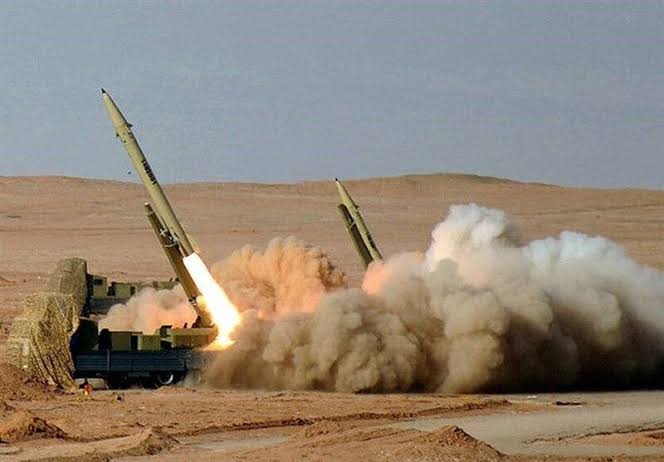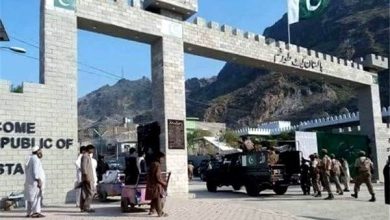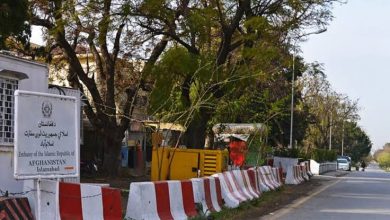Central Commission for Security and Reconciliation: Attack Planners in Afghanistan Are in Pakistan

Weezha Roz-The instigation project, designed to defame Islam, Jihad, and Islamic and Jihadi movements, which was launched in Afghanistan over the past three years, has been completely dismantled.
The Central Commission for Security and Reconciliation stated that the Islamic Emirate has killed or arrested many commanders, leaders of key sectors, designers and executors of attacks, and hundreds of individuals involved in this project, including a number of foreign nationals.
The commission reported that after the failure of this project, some of its leaders and members, who had fled to neighboring countries, resumed their activities with leniency and indirect encouragement from certain parties.
They sought refuge in Balochistan and some tribal areas of Khyber Pakhtunkhwa, where training camps were established for them, facilities were provided for collecting financial donations, and opportunities for propaganda and recruitment from various countries around the world were created.
Now, there is credible information indicating that newly recruited individuals from Asian and European countries are being transferred to their centers in Balochistan and some tribal areas of Khyber Pakhtunkhwa through the airports of Karachi and Islamabad.
These individuals are likely to be used for carrying out attacks in various countries of the region and the world in the coming months.
Additionally, along with other countries, one of the main goals of this destructive and provocative project was Afghanistan.
Through this, the hidden parties aimed to undermine Afghanistan’s security and stability, spread fear and terror among the people, and prevent economic progress and the development of an Islamic system and Sharia law in Afghanistan.
The project sought to create obstacles to both domestic and foreign investment in Afghanistan and to solidify a Sharia-based and Jihadi system in the country.
The Central Commission for Security and Reconciliation added in its report that despite numerous efforts, these parties failed to achieve their malicious goals in Afghanistan, and over the past 12 months, their attacks have been largely thwarted.
Most of the attacks they carried out were planned outside Afghanistan, with perpetrators using various cover identities to enter the country. The attacks were mainly carried out by foreign nationals, particularly from Tajikistan and Pakistan.
The report also mentioned unspecified groups, indicating that some malicious elements, mostly fugitive criminals involved in various crimes in Afghanistan, are attempting to destabilize the security of the country with support from certain capitals of developed countries.
Most of their attacks occur along roadsides and in flower pots. Finally, the presence of these malicious elements and corruption continues in the virtual space.
Weezha Roz




